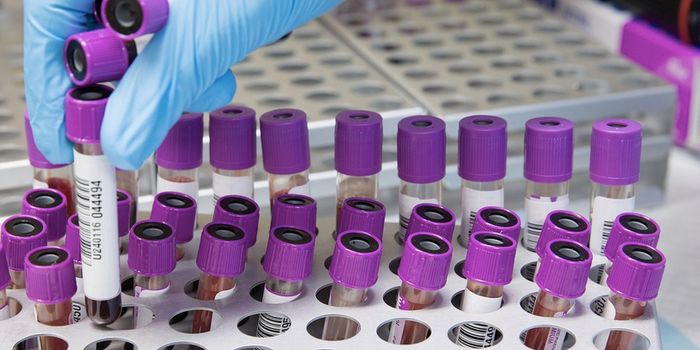A Vital Plant Protein Existed Before Plants
Scientists have discovered that a crucial protein found in plants, called auxin response factor (ARF) first arose about 600 million years ago, which was long before there were any plants around. This protein seems to have first appeared in a unicellular ancestor of plants, and genetic reshuffling events eventually created the protein ARF. This protein is now a key player in the development and growth of plants and trees. The findings have been reported in Nature Communications.
Plants will often turn or grow towards light sources, and roots will seek out water underground. A plant hormone called auxin helps control plant growth, and ARF reacts to this protein. ARF will trigger or halt the activity of genes that are related to growth.
"At some point in evolution, plant cells must have developed a way to recognize and respond to plant hormones," noted first study author Jorge Hernández-García, a post-doctoral researcher at Wageningen University.
In this study, the researchers first found evidence that ARF arose from two protein fragments in green algae. These bits of protein were a chromatin factor, and a transcription factor, which helps control the expression of other genes. Neither of these is related to auxin. But the protein that was created when these two protein bits merged became very important; the chromatin factor portion allowed ARF proteins to work together, and the transcription factor can bind to DNA to alter gene activity.
"This fusion created an entirely new protein that took on a central role in the auxin signaling pathway," said corresponding study author Dolf Weijers, a Professor at Wageningen University.
As ARF changed over time, it gave rise to two types of proteins, one of which can trigger gene activity when auxin is present, while another reduces gene activity. Plant growth can then be fine-tuned, noted Hernández-García.
DNA sequencing data obtained from an array of plants and algae contributed to these findings, and show how studying these genomes can reveal more about the critical genes and biological mechanisms in plants.
"I believe the genomic data from green algae holds many more answers to fundamental questions about plant biology," added Weijers.
Sources: Wageningen University, Nature Communications


![Master Lab Weighing: Accuracy, Compliance & Audits [eBook]](https://d3bkbkx82g74b8.cloudfront.net/eyJidWNrZXQiOiJsYWJyb290cy1pbWFnZXMiLCJrZXkiOiJjb250ZW50X2FydGljbGVfcHJvZmlsZV9pbWFnZV85MWRmZmRjMDIwNDBlMWJjMzYwN2ZiYWY2ZjI4ZGMzYzBmZGMwZGMyXzkxOTcucG5nIiwiZWRpdHMiOnsidG9Gb3JtYXQiOiJqcGciLCJyZXNpemUiOnsid2lkdGgiOjcwMCwiaGVpZ2h0IjozNTAsImZpdCI6ImNvdmVyIiwicG9zaXRpb24iOiJjZW50ZXIiLCJiYWNrZ3JvdW5kIjoiI2ZmZiJ9LCJmbGF0dGVuIjp7ImJhY2tncm91bmQiOiIjZmZmIn19fQ==)






